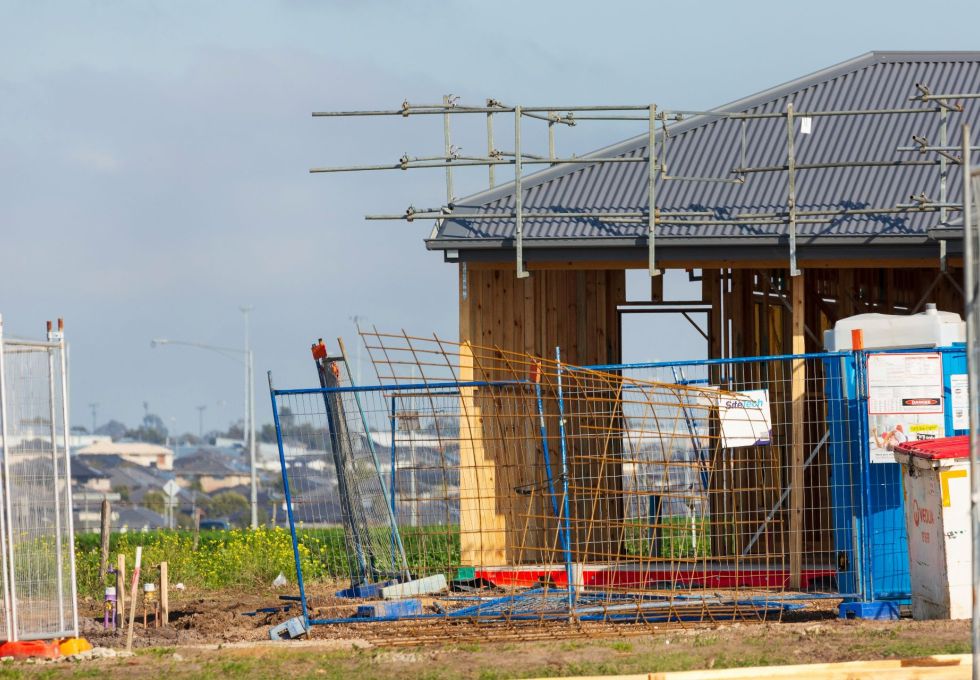
1) Introduction
a) Disputes are a common occurrence in the construction industry due to the complex nature of construction projects. In New Zealand, these disputes can arise from various issues, such as payment delays, quality of work, contract interpretation, and project delays. The New Zealand legal system provides several mechanisms to resolve these disputes efficiently and fairly, ensuring that construction projects can proceed smoothly. This article explores the key aspects of construction contract disputes in New Zealand law and the available dispute resolution processes.
b) In New Zealand, construction contracts are governed by the Construction Contracts Act 2002 (“the Act”). The Act applies to all construction contracts in New Zealand. This Act was enacted to make it that once what is called a “payment claim” was issued (usually an invoice will specify it is a payment claim for the purposes of the Act), there are very limited ways to dispute it and delay payment. The reason this Act was enacted, among others, was because head contractors were delaying in payment to subcontractors, and/ or property developers were delaying in payment to head contractors, so that the risk would be worn by the subcontractor/ head contractor respectively should the entity owing the funds go into liquidation, for example. It was also to enable prompt payment and timely resolution of disputes.
2) Common Causes of Disputes
a) Payment Issues: Disagreements over payment terms, delays in payment, and non-payment are frequent sources of conflict in construction contracts. Contractors and subcontractors often face cash flow challenges due to late payments.
b) Quality of Work: Disputes may arise when the quality of workmanship does not meet the agreed-upon standards. This can lead to disagreements over defect rectification and associated costs.
c) Delays: Construction projects often experience delays due to unforeseen circumstances, such as adverse weather, supply chain disruptions, or changes in project scope. Determining responsibility for these delays can be contentious.
d) Contract Interpretation: Ambiguities or conflicting interpretations of contract terms can lead to disputes. Parties may disagree on their rights and obligations under the contract.
e) Variations and Changes: Construction projects frequently undergo changes in scope, design, or materials. Disputes can arise over the valuation of these variations and their impact on project timelines and costs.
3) Why instruct a lawyer?
a) Seeking legal advice may be beneficial if you are unclear about your rights and obligations under a construction contract and your options where there is a dispute.
b) Examining your responsibilities as stated in the contract or terms of trade is the first step. Terms of trade may restrict your options to adjudication under the Act or going to court if they mandate that any issue be settled through a specific dispute resolution procedure, for example arbitration.
4) Payment claim mechanism
a) As noted above, all construction contracts in New Zealand are governed by the Construction Contracts Act.
b) If you are carrying out the construction works, make sure that any invoice issue to the customer is specified to be a “payment claim” pursuant to the Act. When a payment claim under the Act is issued, the timing in the provisions of the Act are triggered.
c) Should the payer wish to dispute the payment claim they must provide back to the payee a “payment schedule” under the Act. This payment schedule indicates the scheduled amount the payer believes is payable, how that was calculated, the reason for the difference in amounts and, if payment is withheld, the reasons for withholding payment. If a payment schedule is not provided within the timeframe (either that required by the relevant construction contract or 20 working days if the contract doesn’t provide for this), the payer becomes liable to pay the claimed amount on the payment claim.
d) If the amount claimed are not disputed and not paid, it becomes a debt due and the payee has the ability to suspend work until the amount due is paid. If a dispute is raised using the payment schedule, then things are put on hold until the dispute can be resolved or the matter is referred to adjudication. There are options below to proceed in resolving the dispute.
5) Dispute resolution options
New Zealand law provides several mechanisms for resolving construction contract disputes. The choice of mechanism depends on the nature of the dispute, the contract terms, and the preferences of the parties involved.
1) Direct Discussion and Negotiation
i) The first step in resolving any dispute is direct communication between the parties or their legal counsel. Open discussion and negotiation can often lead to an amicable resolution without the need for formal processes. This approach allows parties to maintain control over the outcome and preserve business relationships.
2) Mediation
i) Mediation involves an independent mediator who facilitates discussions between the parties to help them reach a mutually acceptable resolution. The mediator does not make decisions but assists in identifying common ground and exploring potential solutions. Mediation is a confidential and non-binding process, making it an attractive option for parties seeking to resolve disputes amicably.
3) Adjudication
i) Under the Construction Contracts Act 2002, adjudication is a popular dispute resolution method in New Zealand. Adjudication is designed to be a quick and cost-effective alternative to court proceedings. It involves an independent adjudicator who reviews the evidence, hears arguments from both parties, and makes a binding decision.
ii) To initiate adjudication, one party must serve a written notice of intention to refer the dispute for adjudication. This notice should include a brief description of the dispute, the desired resolution, and details of the related construction contract. An adjudicator is then appointed, either by agreement between the parties or by an independent body. The adjudicator must act impartially and ensure that natural justice is upheld. The adjudicator's decision can be enforced in court if necessary, but it can also be appealed to the District Court for a fresh review.
4) Arbitration
i) Arbitration is a formal dispute resolution process where an arbitrator (or panel of arbitrators) is appointed to make a binding decision on the dispute. The process is governed by the Arbitration Act 1996. Arbitration can be specified as the required dispute resolution method in the contract terms, limiting the parties' ability to pursue other options.
ii) Arbitration is similar to court proceedings in its formality but offers greater flexibility and confidentiality. The arbitrator's decision is final and enforceable, with limited grounds for appeal.
5) Court Proceedings
i) When other dispute resolution mechanisms fail or are not suitable, parties can resort to court proceedings. The appropriate court depends on the value of the dispute:
(1) Disputes Tribunal: Handles claims up to $30,000. The process is informal, and lawyers are not allowed to represent parties, though they can assist in preparation.
(2) District Court: Handles claims between $30,000 and $350,000. The process begins with filing and serving a statement of claim, detailing the facts of the case.
(3) High Court: Handles claims exceeding $350,000. The High Court process is formal and involves comprehensive legal procedures and representation.
6) Conclusion
a) Disputes in construction contracts are an inevitable part of the industry. However, New Zealand law protects the provider of construction works from delays in payment with the payment claim procedure.
b) Should a dispute be raised in respect of the contractual wording or a payment claim, there are a range of mechanisms to resolve these disputes efficiently and fairly.
c) Selecting the appropriate dispute resolution process and seeking legal advice at the outset are crucial steps to ensure a favourable outcome and maintain the smooth progress of construction projects.
Please contact our firm if we can help you with any of the above issues.
The information contained in this article is provided for informational purposes only and should not be construed as legal advice on any subject matter.

